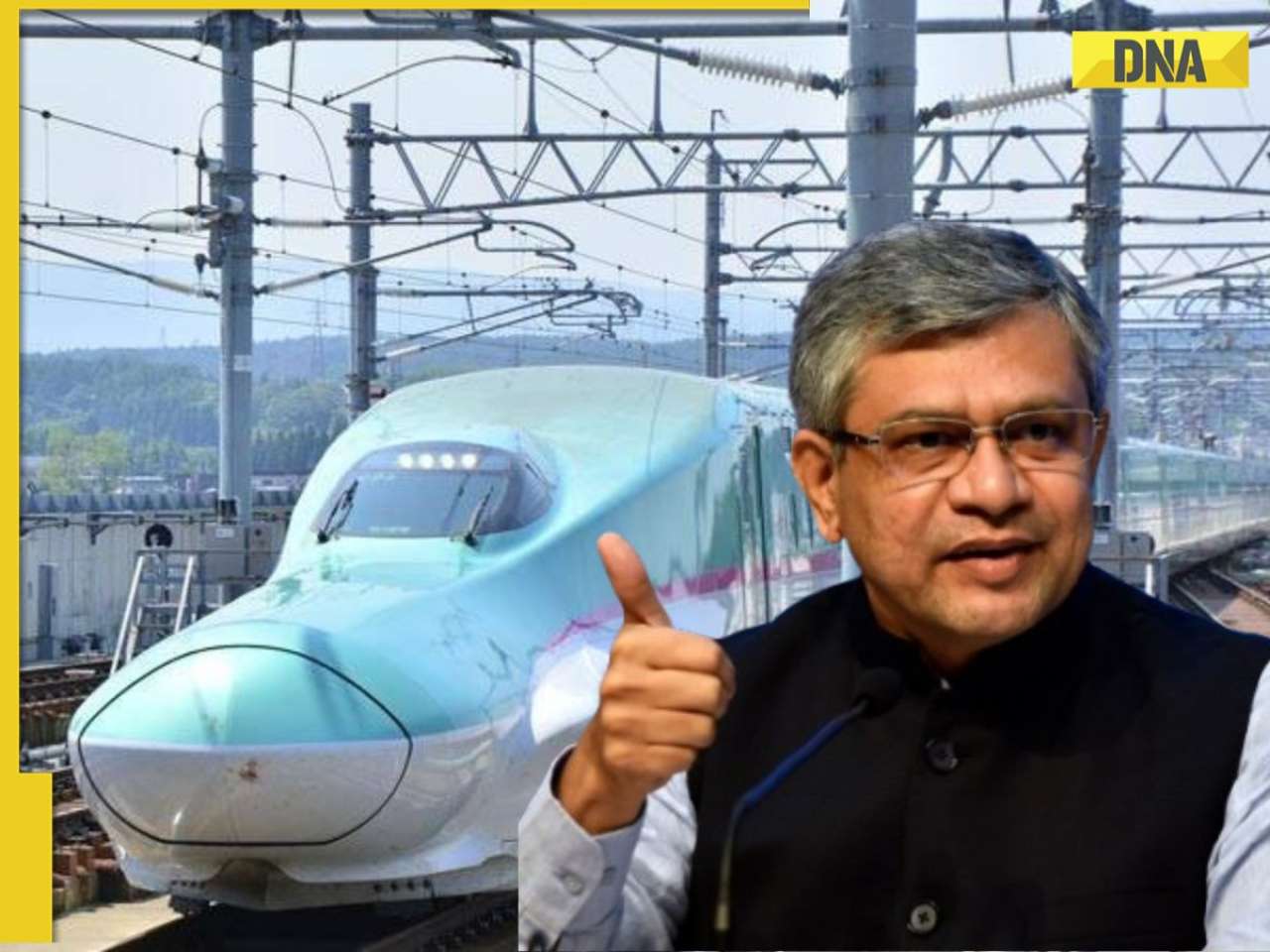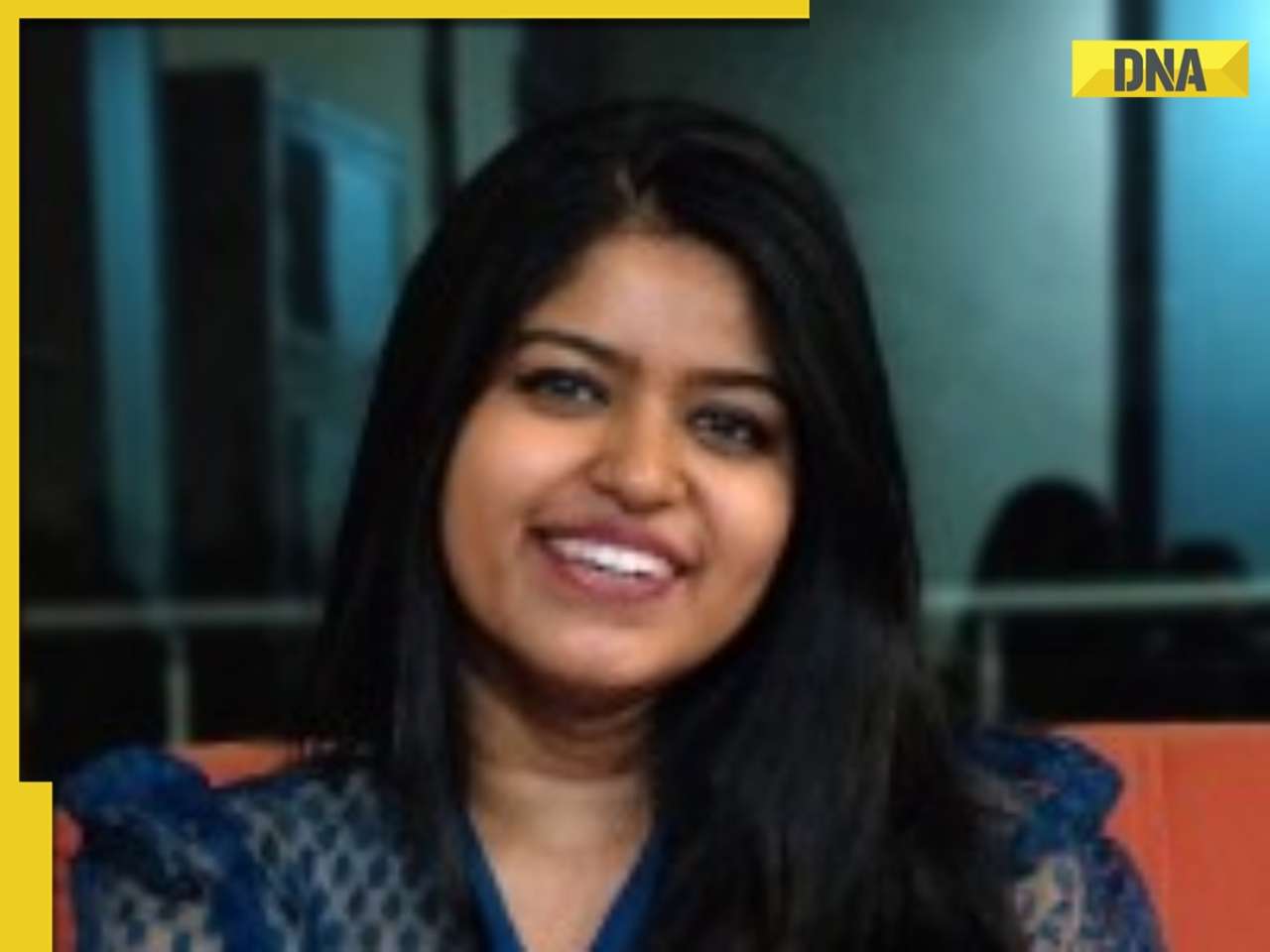- Home
- Latest News
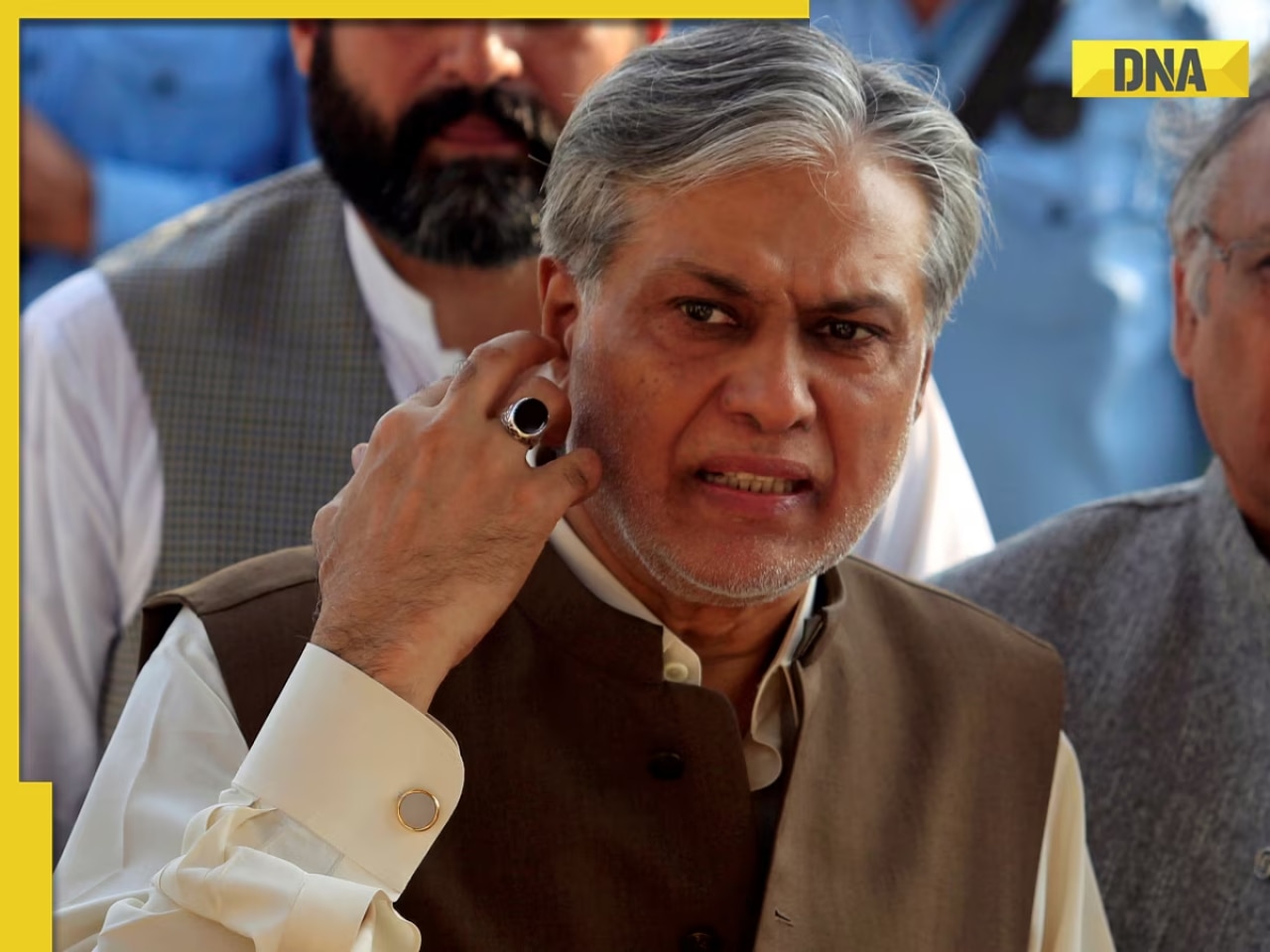 Pakistan takes BIG U-turn on terror group tag for TRF, Deputy PM Ishaq Dar says, 'We welcome...'
Pakistan takes BIG U-turn on terror group tag for TRF, Deputy PM Ishaq Dar says, 'We welcome...'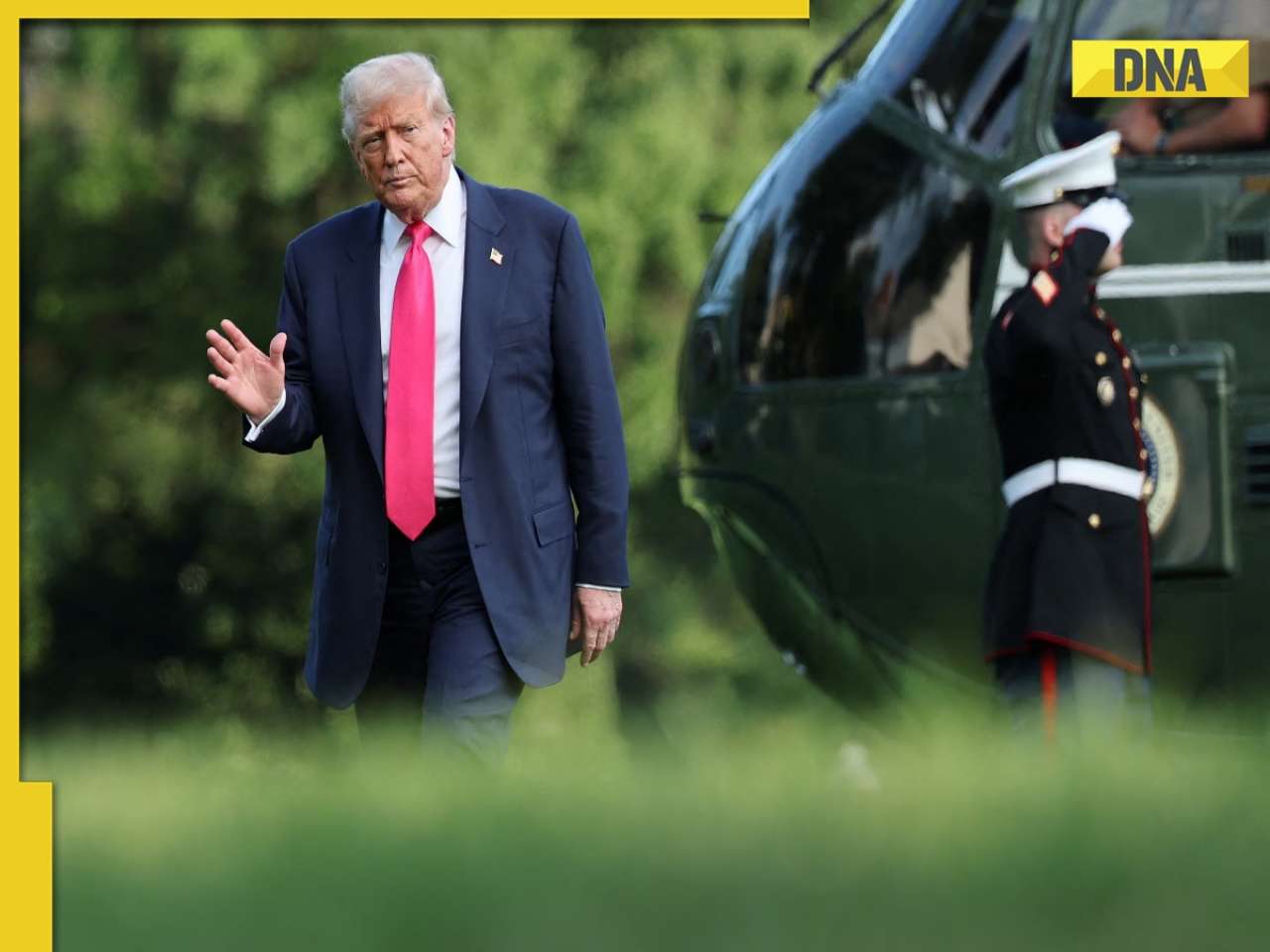 'Reminds me of India and Pakistan': US President Donald Trump's BIG warning to Thailand, Cambodia; says 'Won't do trade with...'
'Reminds me of India and Pakistan': US President Donald Trump's BIG warning to Thailand, Cambodia; says 'Won't do trade with...' India, Pakistan to potentially face each other thrice in Asia Cup 2025; here's how
India, Pakistan to potentially face each other thrice in Asia Cup 2025; here's how Rashmika Mandanna 'sends love' to rumoured beau Vijay Deverakonda, shares their unseen photos from..., says 'I keep looking back...'
Rashmika Mandanna 'sends love' to rumoured beau Vijay Deverakonda, shares their unseen photos from..., says 'I keep looking back...'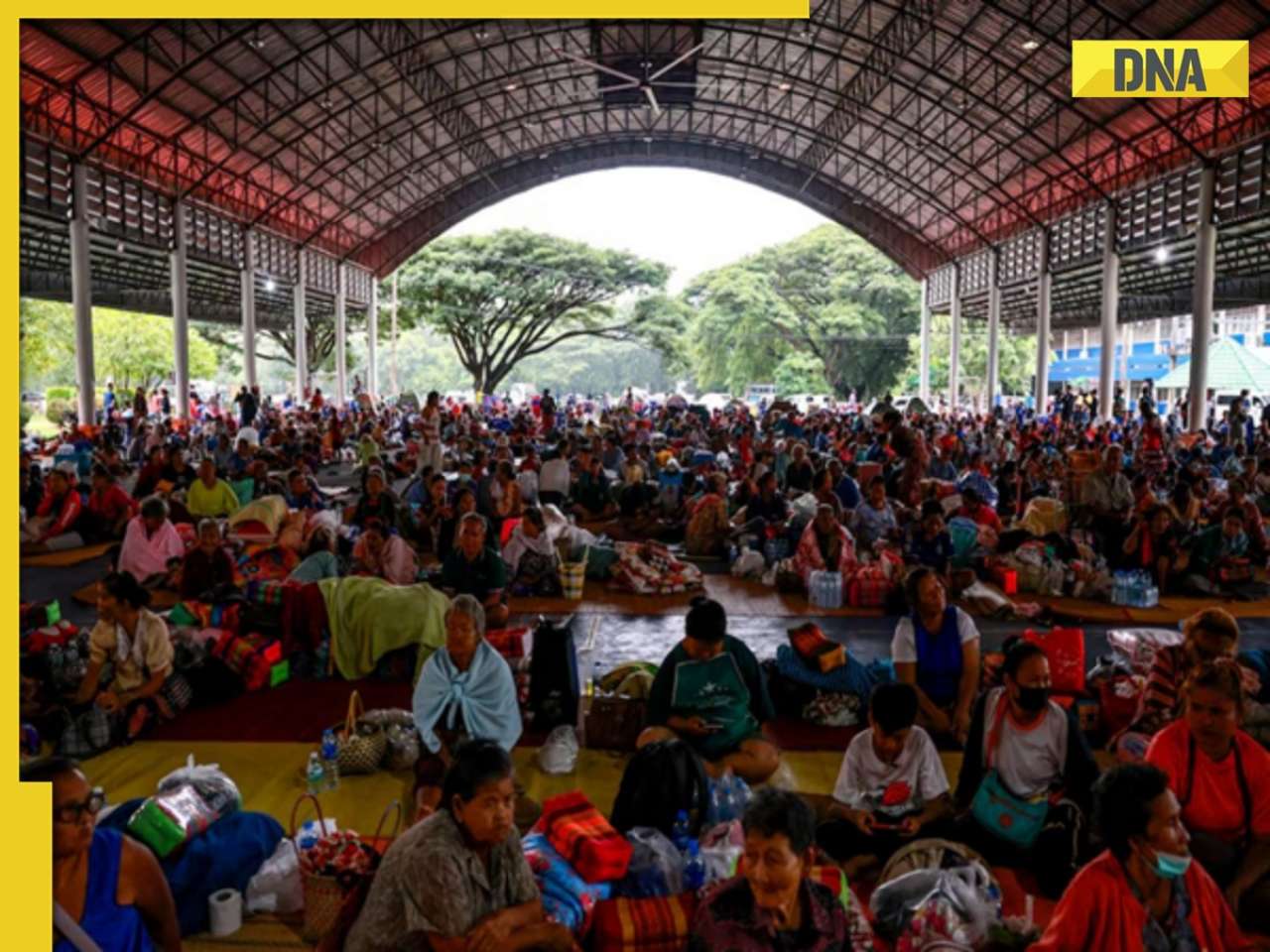 India appeals to Thailand, Cambodia to prevent escalation of hostilities: 'Closely monitoring...'
India appeals to Thailand, Cambodia to prevent escalation of hostilities: 'Closely monitoring...'
- WAA 2025
- Webstory
 Other than heart attacks or BP : 7 hidden heart conditions triggered by oily foods
Other than heart attacks or BP : 7 hidden heart conditions triggered by oily foods 7 most captivating space images captured by NASA you need to see
7 most captivating space images captured by NASA you need to see AI-remagined famous Bollywood father-son duos will leave you in splits
AI-remagined famous Bollywood father-son duos will leave you in splits 7 superfoods that boost hair growth naturally
7 superfoods that boost hair growth naturally Confused between Forex and Credit cards for your international trip? Learn which saves more
Confused between Forex and Credit cards for your international trip? Learn which saves more
- Videos
 Tata Harrier EV Review | Most Advanced Electric SUV from Tata?
Tata Harrier EV Review | Most Advanced Electric SUV from Tata? Vida VX2 Plus Electric Scooter Review: Range, Power & Real-World Ride Tested!
Vida VX2 Plus Electric Scooter Review: Range, Power & Real-World Ride Tested! MG M9 Electric Review | Luxury EV with Jet-Style Rear Seats! Pros & Cons
MG M9 Electric Review | Luxury EV with Jet-Style Rear Seats! Pros & Cons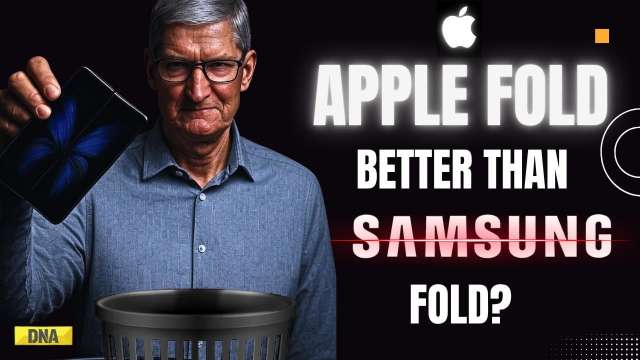 Iphone Fold: Apple’s iPhone Fold Could Solve Samsung’s Biggest Foldable Problem | Samsung Z Fold 7
Iphone Fold: Apple’s iPhone Fold Could Solve Samsung’s Biggest Foldable Problem | Samsung Z Fold 7 Trump News: Congress Seeks Answers On Trump's Alleged Mediation In Operation Sindoor
Trump News: Congress Seeks Answers On Trump's Alleged Mediation In Operation Sindoor
- Business
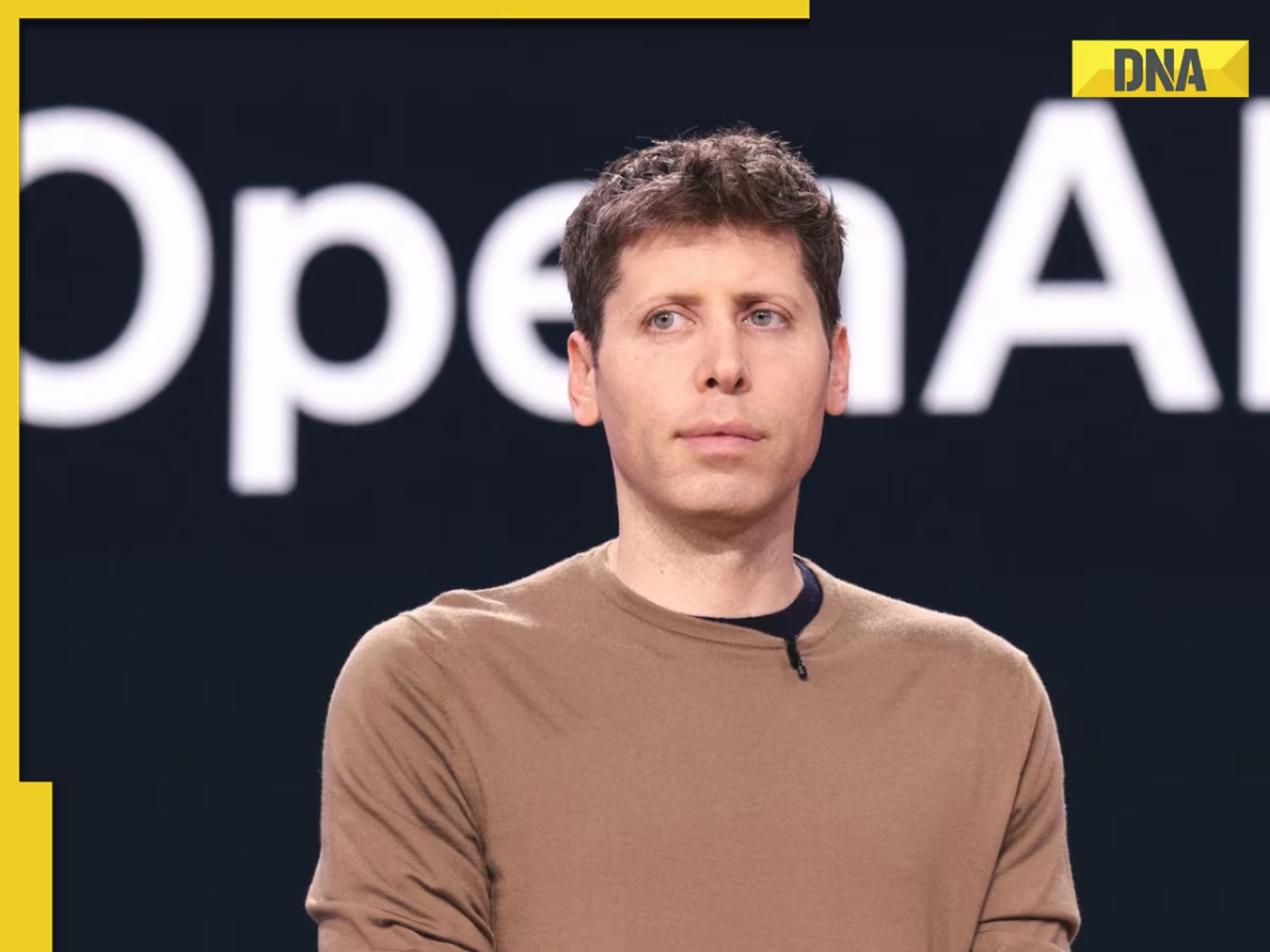 OpenAI CEO Sam Altman issues CHILLING warning, says conversations with ChatGPT are...
OpenAI CEO Sam Altman issues CHILLING warning, says conversations with ChatGPT are...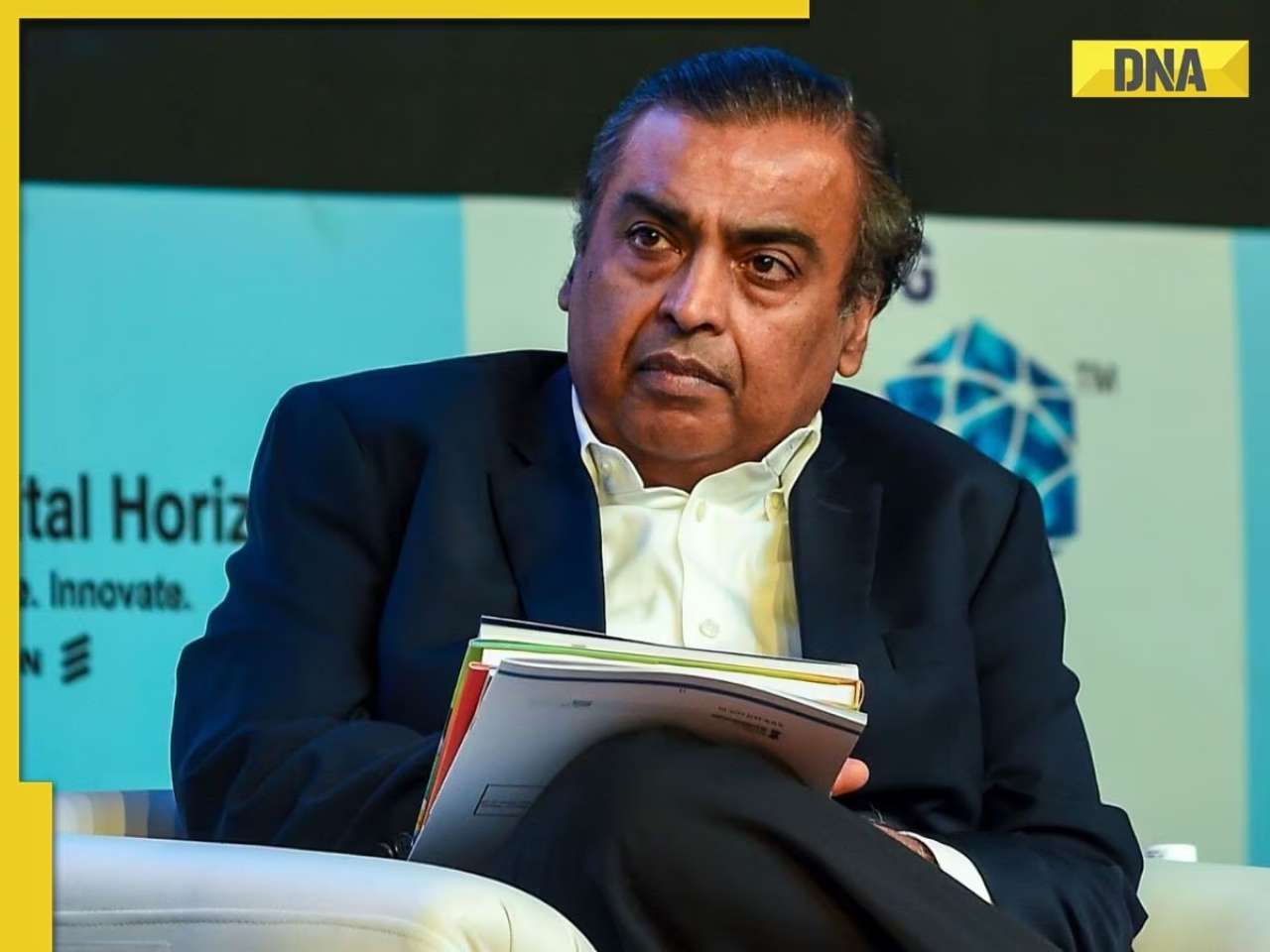 This man becomes world's highest-earning billionaire in 2025, beats Elon Musk and Jeff Bezos, Mukesh Ambani is at...
This man becomes world's highest-earning billionaire in 2025, beats Elon Musk and Jeff Bezos, Mukesh Ambani is at... Meet man who built Rs 200,000,000 empire after two failed ventures, his business is..., net worth is Rs...
Meet man who built Rs 200,000,000 empire after two failed ventures, his business is..., net worth is Rs... Meet man, founder of app under govt lens, also owns Rs 1000000000 business, he is..., his educational qualification is...
Meet man, founder of app under govt lens, also owns Rs 1000000000 business, he is..., his educational qualification is...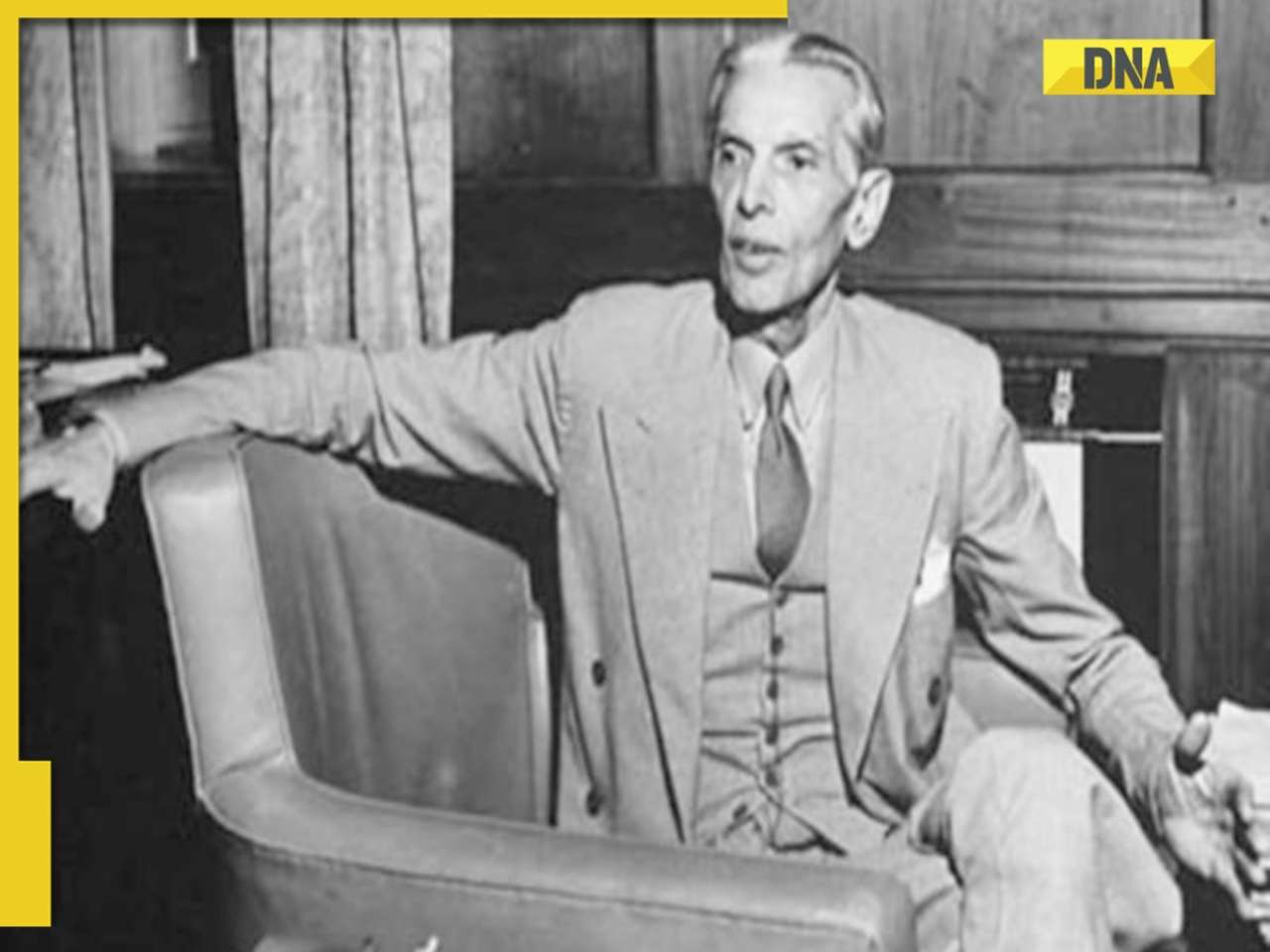 Jinnah wanted THIS Muslim man to be first Finance Minister of Pakistan, he refused, his son is on Forbes list of billionaires
Jinnah wanted THIS Muslim man to be first Finance Minister of Pakistan, he refused, his son is on Forbes list of billionaires
- Photos
 Inside Ahaan Panday’s academic journey before his Bollywood debut in Saiyaara
Inside Ahaan Panday’s academic journey before his Bollywood debut in Saiyaara From Alia Bhatt to Anushka Sharma: 5 Bollywood moms who are redefining style
From Alia Bhatt to Anushka Sharma: 5 Bollywood moms who are redefining style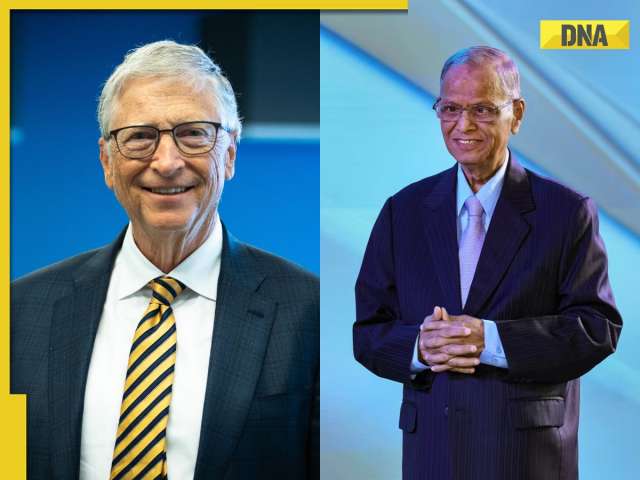 Want to think like a billionaire? Try these 5 habits followed by Bill Gates, Narayana Murthy and others
Want to think like a billionaire? Try these 5 habits followed by Bill Gates, Narayana Murthy and others In Pics: Tara Sutaria brings fairytale magic to ramp in a shimmering golden gown at ICW 2025
In Pics: Tara Sutaria brings fairytale magic to ramp in a shimmering golden gown at ICW 2025 From Love in the Moonlight to Moon Embracing the Sun: 7 must-watch K-dramas
From Love in the Moonlight to Moon Embracing the Sun: 7 must-watch K-dramas
- India
 India appeals to Thailand, Cambodia to prevent escalation of hostilities: 'Closely monitoring...'
India appeals to Thailand, Cambodia to prevent escalation of hostilities: 'Closely monitoring...' NCERT to introduce dedicated module on 'Operation Sindoor' for students of Class...
NCERT to introduce dedicated module on 'Operation Sindoor' for students of Class... Mumbai Pune Expressway: 1 killed, many injured after nearly 20 vehicles crash in major accident
Mumbai Pune Expressway: 1 killed, many injured after nearly 20 vehicles crash in major accident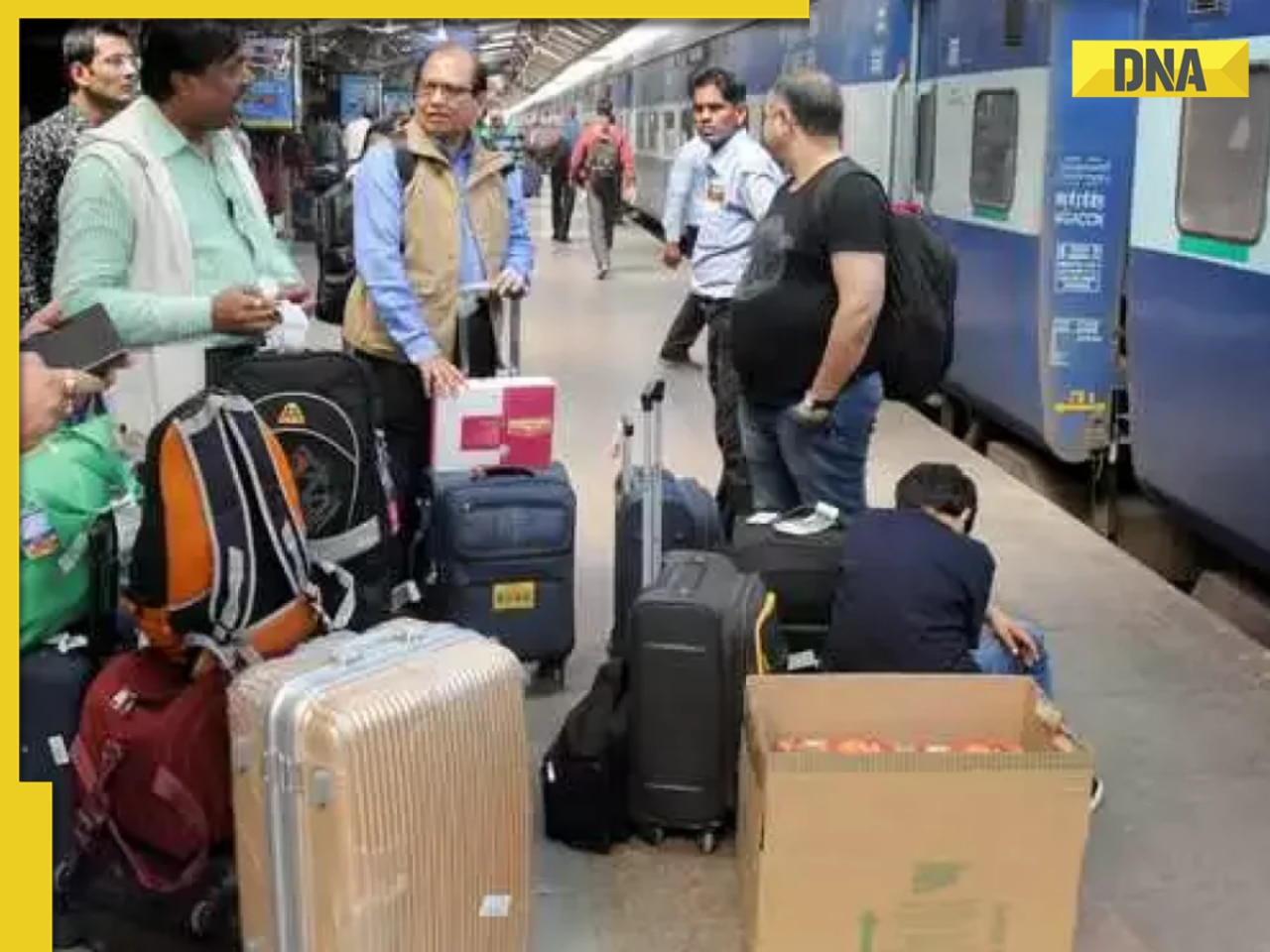 Carrying too much luggage on trains? Here's what Indian Railways may do; check weight limit, penalty
Carrying too much luggage on trains? Here's what Indian Railways may do; check weight limit, penalty Indian Army to transform into ‘future oriented force’, chief announces new all-arms brigades called..., it is equipped with...,know details inside
Indian Army to transform into ‘future oriented force’, chief announces new all-arms brigades called..., it is equipped with...,know details inside
- Education
 Indian Army Agniveer CEE 2025 result declared, here's how you can download it
Indian Army Agniveer CEE 2025 result declared, here's how you can download it Meet IPS officer, DU grad, who cracked UPSC exam in her third attempt, secured 992 out of 2025 marks with AIR..., now married to IAS...
Meet IPS officer, DU grad, who cracked UPSC exam in her third attempt, secured 992 out of 2025 marks with AIR..., now married to IAS... Meet woman, who studied MBBS, later cracked UPSC with AIR..., became popular IAS officer for these reasons, shares similarities with IAS Tina Dabi, she is from...
Meet woman, who studied MBBS, later cracked UPSC with AIR..., became popular IAS officer for these reasons, shares similarities with IAS Tina Dabi, she is from... Meet Nilufa Yasmine, who topped UGC NET June exam, failed twice before scoring a perfect 100, she is from...
Meet Nilufa Yasmine, who topped UGC NET June exam, failed twice before scoring a perfect 100, she is from... Meet woman, daughter of vegetable vendor who cracked UPSC, her mother mortgaged gold for her education, her AIR is…
Meet woman, daughter of vegetable vendor who cracked UPSC, her mother mortgaged gold for her education, her AIR is…
- Automobile
 Maruti Suzuki's e Vitara set to debut electric market at Rs..., with range of over 500 km, to launch on...
Maruti Suzuki's e Vitara set to debut electric market at Rs..., with range of over 500 km, to launch on... This is world’s most expensive wood, cost of 1kg wood is more than gold, its name is..., is found in...
This is world’s most expensive wood, cost of 1kg wood is more than gold, its name is..., is found in... This luxury car is first choice of Indians, even left BMW, Jaguar, Audi behind in sales, it is...
This luxury car is first choice of Indians, even left BMW, Jaguar, Audi behind in sales, it is... Kia India unveils Carens Clavis: Check features, design changes, price and more; bookings open on...
Kia India unveils Carens Clavis: Check features, design changes, price and more; bookings open on... Tesla CEO Elon Musk launches most affordable Cybertruck, but it costs Rs 830000 more than older version, it is worth Rs...
Tesla CEO Elon Musk launches most affordable Cybertruck, but it costs Rs 830000 more than older version, it is worth Rs...
- Investors





)
)
)
)
)
)
)
)
)
)
)
)
)
)
)
)

